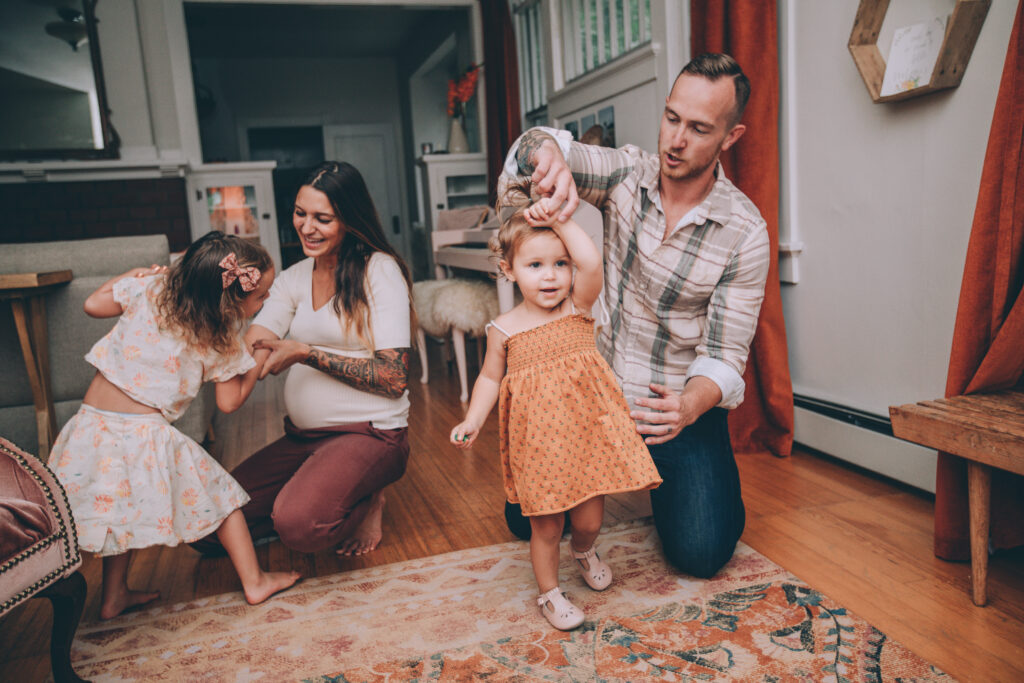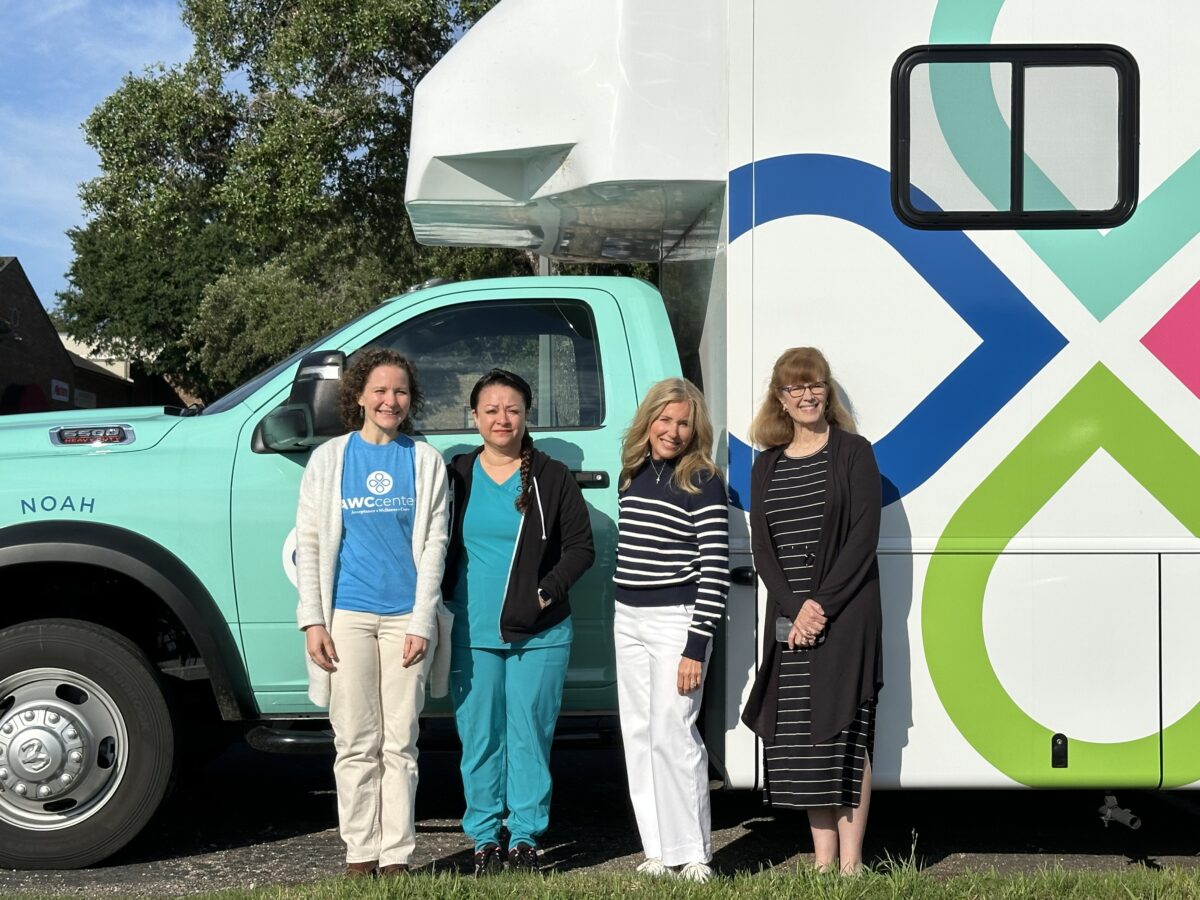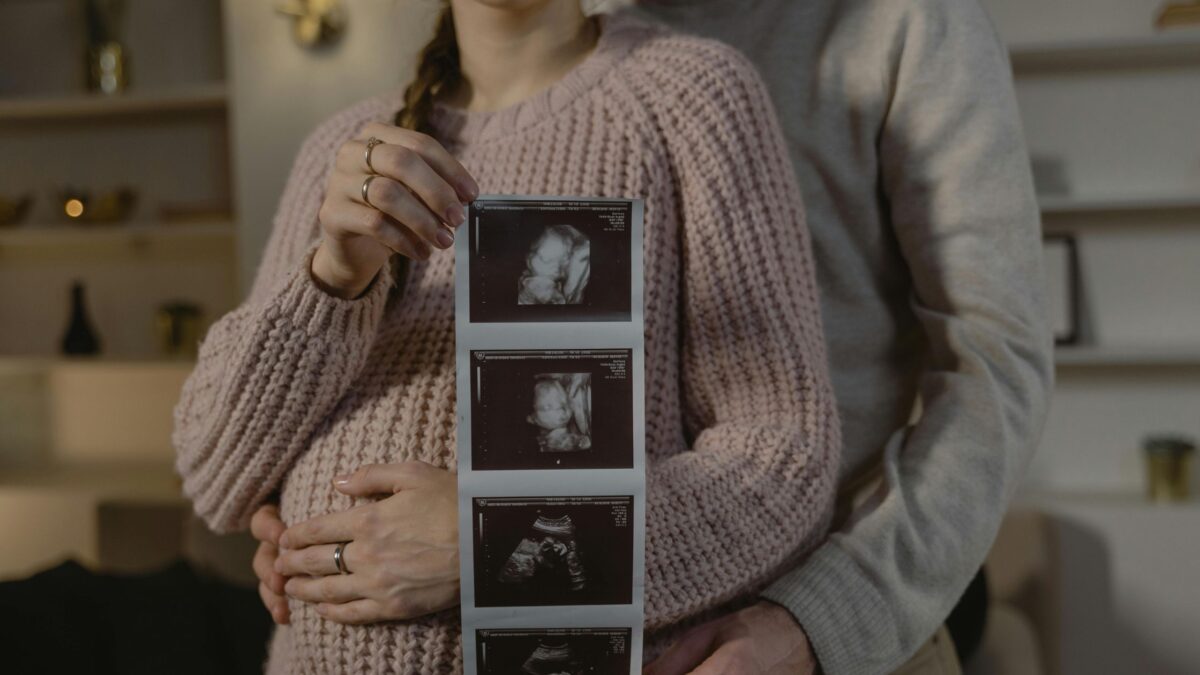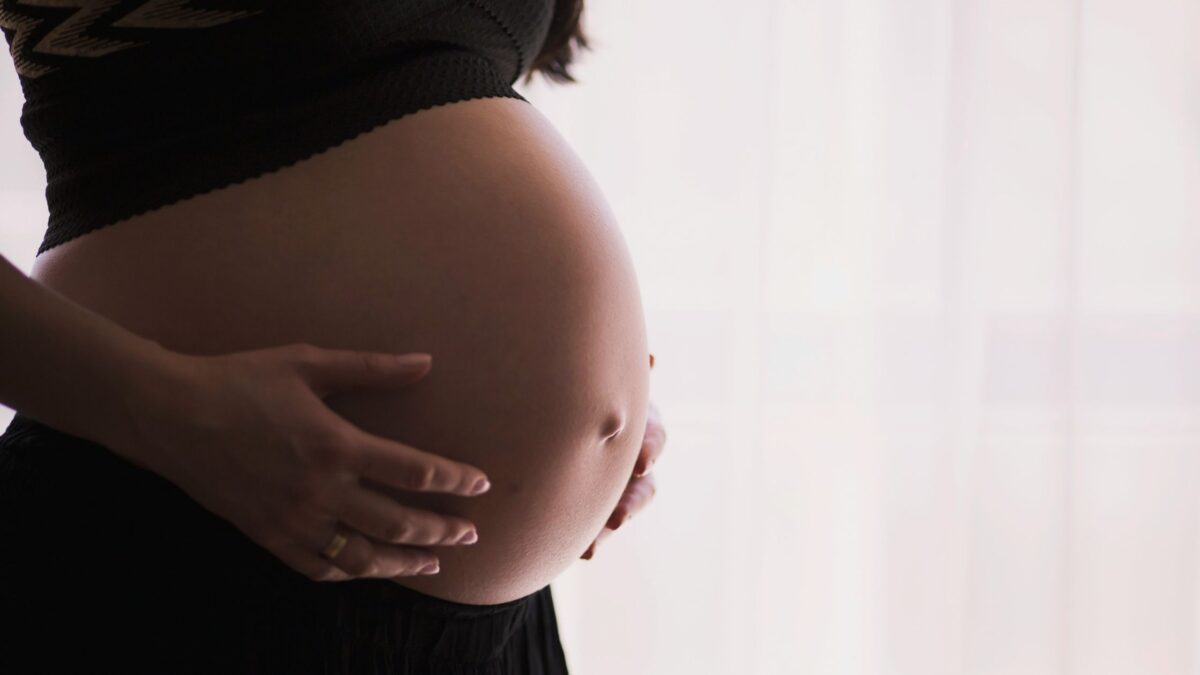“It is beautiful, but hard.” This was the overture common to all three of the families I talked with last week. Each one had a very different story, but all three had adopted.
Wayne and Bethany brought Ivy home from the hospital. Ivy’s birth mom specifically chose them to be the parents of her baby. Tim and Marti brought Kate home from China. A survivor of China’s long-time one child policy, Kate made them a family of seven. Andy and Lea brought home sisters Lexi, Lauren, and Haley from the U.S. foster care system. With three natural-born children of their own, they doubled their family over night.
Adoption is often treated as this awkward, bulky thing that we don’t quite know how to carry. It’s an active picture of God’s love, and yet we wish it weren’t necessary. It’s a life-giving blessing, and yet it seems to always come with pain. The church is called to adopt while also called to be fruitful and multiply. How do we understand this blessed and burdensome ministry?
The pro-life movement is about ending a culture of death and valuing human life. As Christians we are not only called to protect the lives of children but to better them. And in creating a culture where adoption is the norm, abortion might just become unimaginable.
Does this mean that everyone in the church should bring home an orphan? No. But does it mean that everyone in the church should be a part of ensuring orphans have homes? Yes.
According to A Child’s Hope International, if one out of every three churches had only one family that would adopt one foster care child, there would be no more foster children in the United States. Of course, we shouldn’t be content to stop at our borders, but this statistic demonstrates just how much more we can be doing. After talking with these three families who have adopted, I learned there are many ways the church can empower adoption within its congregations.
Get more pro-life stories, straight to your inbox
Here are five places that any of us can start:
1. Create an adoption fund at your church.
Most adoptions are a very expensive process, and many times families receive financial support from their church and other loved ones. But most of the time these gifts aren’t tax-deductible, making donating more difficult for some and impossible for others, who give through foundations. Creating an adoption fund at your church allows for these donations, made to the church rather than to individuals, to be tax-deductible.
2. Get certified as a care-giver for adopted children.
For families that adopt from the foster care system, only certified care-givers can babysit their children. This makes date nights extremely hard. Getting certified to be a care-giver for children adopted from foster care is a wonderful way to support families who have adopted.
3. Organize a baby shower or provide meals for an adoptive family.
Anytime a child is brought home it’s worth celebrating, and every time a family expands so will their needs. This is why a baby/child shower can be such a blessing. Not only is it a great way to help meet the material needs of the family but it is also an opportunity to encourage and affirm the mother in her maternal role in the life of this child. Providing meals to families for a time after they bring their child home is another way to support them.

4. Create a support group for adoptive parents.
The challenges of adopting, and particularly of integrating an adopted child into a family with natural-born children, are very unique. Adoptive parents often feel lonely or isolated in this hardship, which only compounds the strain they already feel. Creating a church-sponsored support group where adoptive parents can gather, share, encourage, and pray together is a way to tend the emotional and spiritual health of the parents, which will in turn bless the children.
5. Educate and challenge your church to adopt.
Not all families are called to actively adopt, but many are. We should not assume that we are not called. Educating your congregation about the children in need and the many different organizations and supports that can make adoption possible is perhaps the most important step we can take in raising up families in the church to adopt.
As we consider ways we can be obedient to this call to adoption, let’s also seek out the families in our lives who are already doing this. At this time of year especially we want to say “thank you” to all of the parents who have brought home a child they did not bear, and to all of the children who have welcomed a new brother or sister into their lives. You are a living picture of God’s love and we want to learn from you.













